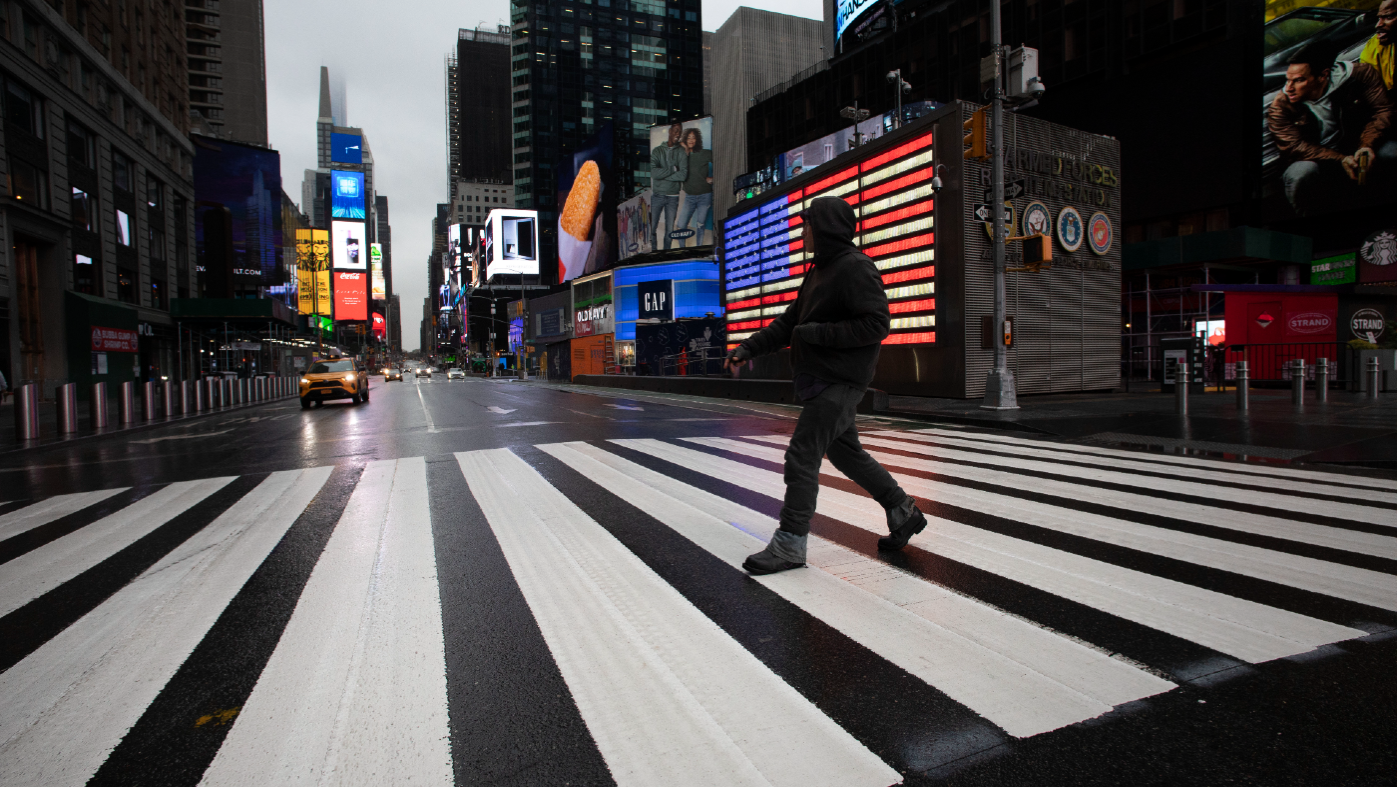The Loneliness Epidemic – An Invisible Crisis in Today’s Society

The Loneliness Epidemic – An Invisible Crisis in Today's Society
Despite living in an era where we can connect with anyone, anytime, anywhere, many people experience a profound sense of loneliness. This "invisible crisis" is growing in scale, affecting individuals across all ages, genders, and social backgrounds. Loneliness is not just the feeling of being alone but a deep lack of meaningful relationships and belonging. It impacts both our mental and physical health and has been called an epidemic in modern society. Let's explore what characterizes this crisis and how we can address it.
1. Loneliness affects more people than we realize – and no one is immune
Loneliness is no longer just an issue for the elderly or those living alone. Research shows that many young people feel isolated despite being constantly connected through social media. Work pressures, moving to new places, or demanding family lives can make even those surrounded by people feel lonely. It's important to understand that loneliness can affect anyone, regardless of their life situation.
2. The difference between physical isolation and the feeling of loneliness
There is a significant difference between being physically alone and feeling lonely. Some people enjoy solitude and do not feel lonely, while others can be surrounded by people yet feel deeply isolated. Loneliness is a subjective experience – it's about the absence of emotional support, belonging, and understanding, not necessarily the number of social contacts.
3. How loneliness impacts our health – both mental and physical
Studies show that prolonged loneliness can pose health risks comparable to smoking or obesity. Loneliness increases the chances of depression, anxiety, sleep problems, and cardiovascular diseases. The chronic stress response that accompanies loneliness weakens the immune system, making the body more susceptible to illnesses. In other words, loneliness profoundly affects both mind and body.
4. The digital age – a help or a hindrance?
Today, many people use social media and digital platforms to stay connected. While this can reduce physical isolation, it doesn't always provide the emotional closeness we need. Superficial "likes" and brief messages cannot replace real human presence and deep conversations that foster a sense of belonging and understanding. For some, technology even intensifies feelings of loneliness.
5. How society changes contribute to loneliness
Modern society is characterized by a fast pace, high demands, and often an individualistic focus. People frequently move for work or education, disrupting social networks. Many live in big cities where people are close physically but live in "bubbles" without genuine contact. The pressure to always be productive and available leaves less time for social relationships and community.
6. The taboo around loneliness prevents us from seeking help
Many feel shame or fear admitting they are lonely. It can feel like a personal failure or weakness. This taboo leads people to hide their feelings and isolate themselves further. Openness about loneliness can help break this cycle. When we dare to talk about it, we can find support and build community together.
7. Small acts can make a big difference
There is no simple solution to loneliness, but small, human actions can have a huge impact. An invitation to chat, a friendly smile, or simply showing that you see and care for someone can be crucial. Engaging in local activities, volunteering, or hobby groups can also create opportunities to build genuine connections and reduce feelings of isolation.
Conclusion
The loneliness epidemic is a serious and growing issue affecting many people in society today. To tackle this challenge, both as individuals and as a community, we need to become better at recognizing loneliness, breaking taboos, and creating inclusive environments where everyone feels seen and valued. Through small actions and larger communities, we can help ease the invisible pain many carry and build a society where no one has to feel alone.
Don't forget — our very first Google Meet in English will be on September 25th. I look forward to seeing you there!
Raymond and Ken
